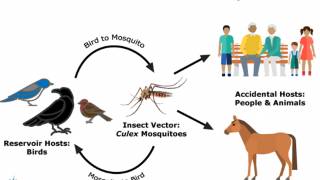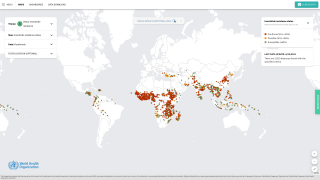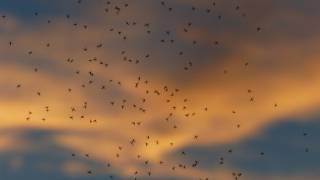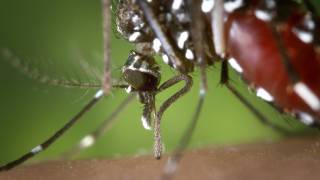LA Chickens Are West Nile Virus First-Alert
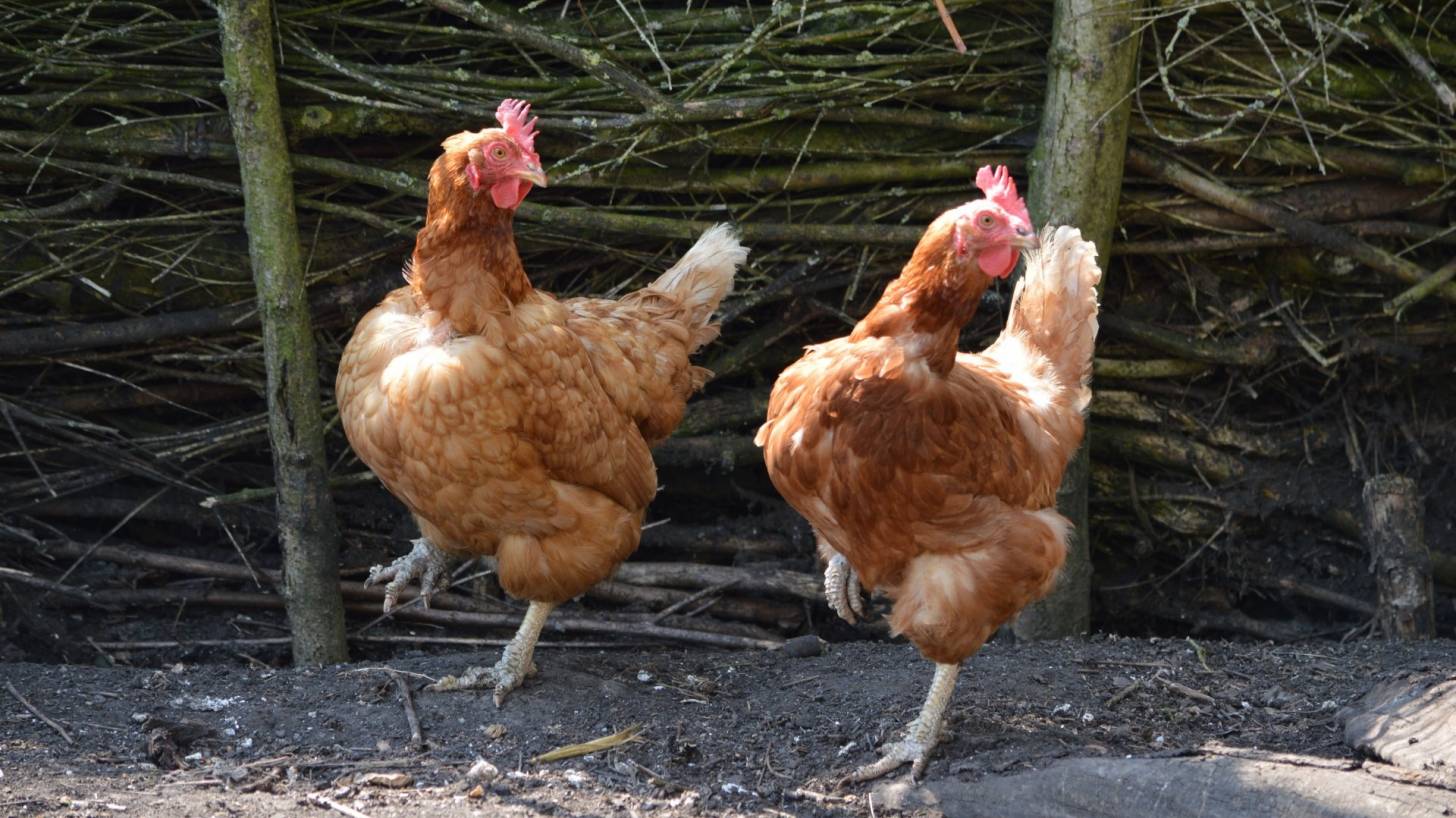
Dozens of chickens located around Los Angeles make up one of the first lines of defense against the expanding West Nile Virus (WNV) outbreak.
Unlike other birds which can die from West Nile, chickens don’t get sick or spread the West Nile virus.
So the LA district relies on its sentinel chickens, checking their blood for West Nile virus antibodies every two weeks.
And the data collected from these sentinel chickens enables health officials to generate a map of where the West Nile hot-zones are located.
The West Nile disease has been a background threat in greater LA for years, but cases have spiked this fall. Preliminary information indicates that WNV is occurring throughout Los Angeles County.
Of 98 reported WNV infections reported in 2017, 79 have led to serious neurological side effects, and 87 have required hospitalization. Six deaths have been reported by Los Angeles County including three fatalities during September, 2017.
During 2017, 22 states have already reported 49 deaths.
Additionally, 658 cases of the most severe WNV cases, known as “neuroinvasive,” which can involve meningitis, encephalitis, and paralysis, have been identified.
“West Nile virus is a serious disease that can lead to hospitalization, death and long-term disability, especially in older adults and people with weak immune systems,” said Jeffrey Gunzenhauser, MD, MPH, Interim Health Officer for Los Angeles County.
“Everyone should take precautions against mosquitoes by using insect repellent containing an effective ingredient such as DEET, and eliminating any standing water around their home where mosquitoes can breed,” said Dr. Gunzenhauser.
LA has launched a campaign called “It’s Not Just A Bite” and “No Es Solo Un Piquete” to raise awareness about mosquito-borne diseases, including Zika and West Nile.
LA has even created a rap video featuring a giant dancing mosquito, and health agents rapping, “You’ve got to dump the water out, drain the water flow, tip the water out, toss the water slow.”
Though most people with West Nile virus don’t have symptoms, a small number experience paralysis and brain damage that can be permanent or fatal.
Persons over 50 years of age and those with chronic medical conditions such as cancer, diabetes or hypertension are at increased risk of severe neuro-invasive disease from WNV infection that can result in meningitis, encephalitis, limb paralysis and even death.
For many, recovery from their illness can take a year or more with ongoing physical and mental impairment.
According to the Centers for Disease Control and Prevention (CDC), there is a low risk that a woman who is infected with WNV while pregnant will transmit the virus to her fetus or newborn. Only a few cases of West Nile virus in newborns have been reported.
There is no established treatment for WNV infection. Currently, prevention and control are the only measures that help decrease the morbidity and mortality associated with WNV infection.
A clinical trial of a vaccine against West Nile Virus infection launched in 2015. Additional information about the clinical trial is available at ClinicalTrials.gov using the identifier NCT02337868.
The Los Angeles County Department of Public Health reminds clinicians to consider testing patients who are experiencing nonspecific illness compatible with WNV fever, such as an acute infection characterized by headache, fever, muscle pain, and/or rash lasting three days or longer.
Serum serologic (lgM) testing is the preferred diagnostic approach for suspected cases of WNV fever and neuroinvasive WNV infection. Specimens positive for acute WNV infection in commercial laboratories do not require confirmation by the LAC Public Health Laboratory (PHL) to meet the WNV case definition.
Our Trust Standards: Medical Advisory Committee
- First West Nile Virus Death Reported in LA County
- Deadly West Nile virus cases are spiking in LA. The first line of defense: chickens
- Los Angeles County (LAC) Department of Public Health
- West Nile Virus
- West Nile virus infection
- NIH-funded vaccine for West Nile virus enters human clinical trials
- Prevent Mosquito Bites
- California Surveillance Gateway Maps



